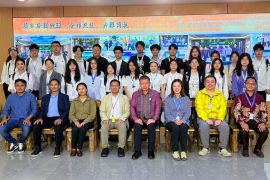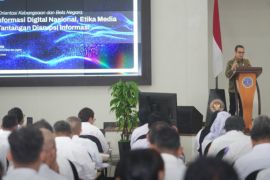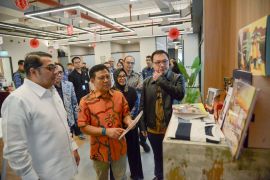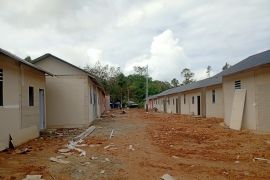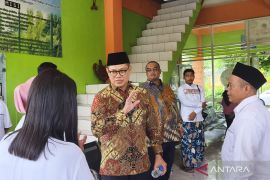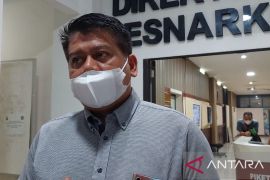"The Yuyun case is a lesson for all of us. Regional governments must restrict and ban the sales of alcoholic drinks in society," Ari F. Syam, health practitioner and lecturer at the Faculty of Medicine of the University of Indonesia, said.Jakarta (ANTARA News) - The tragic case of 14-year-old Yuyun, who died after being gang raped by 14 teenagers, should serve as a momentum for the government to issue a policy to restrict alcohol consumption, an expert suggested.
"The Yuyun case is a lesson for all of us. Regional governments must restrict and ban the sales of alcoholic drinks in society," Ari F. Syam, health practitioner and lecturer at the Faculty of Medicine of the University of Indonesia, noted in a statement, here, Friday.
Syam regretted the fact that until the social media had brought the case into the spotlight, the public had not really shown much concern over the Yuyun tragedy.
The rapists were in an inebriated state when they sexually assaulted the eighth grader.
Syam pointed out that people, who are in an intoxicated state, tend to exhibit anti-social behavior and even commit murders.
Besides this, alcohol intake also affects the brain, digestive system, mouth, liver, pancreas, muscles, bones, and the genital system, he explained.
Of the 14 rapists, two are still at large, while 12 have been detained, including seven under 18 years of age or considered juvenile according to the Indonesian law, so they cannot be jailed for life but can only be awarded a maximum prison sentence of 10 years.
Those above 18 years of age could face a maximum punishment of life sentence for a gang rape that claimed the victims life.
The seven juvenile suspects are identified by the initials D alias J (17), A (17), FS (17), S (17), DI (17), EG (16), and S (16).
The parents of such crime doers could also be punished if proven of covering up their crimes.
The five other arrested suspects are TW (19), Sk (19), Bb (20), Fs (19), and Zl (23).
There is public outcry across the country, demanding death penalty for the perpetrators. (*)
Editor: Heru Purwanto
Copyright © ANTARA 2016
